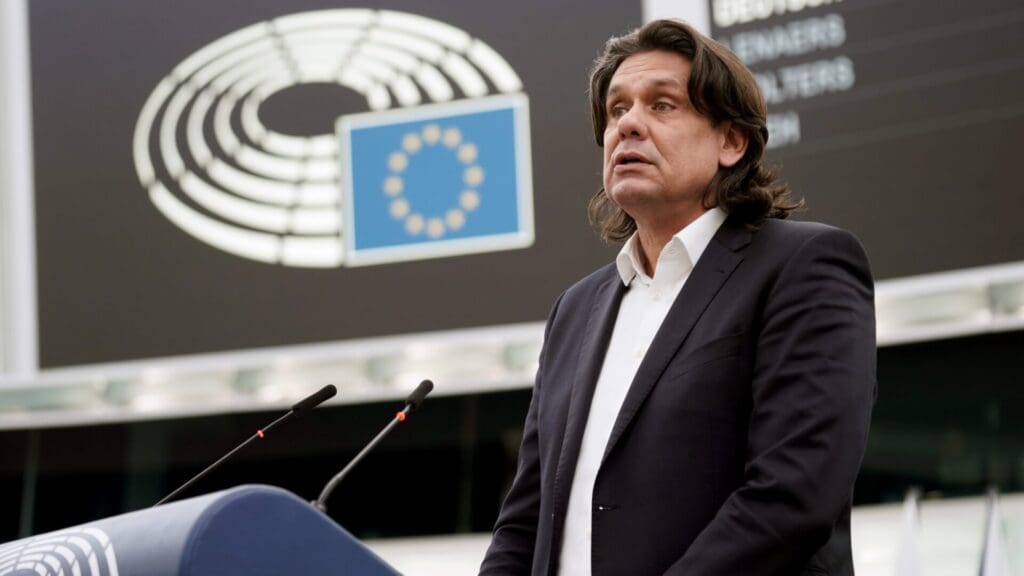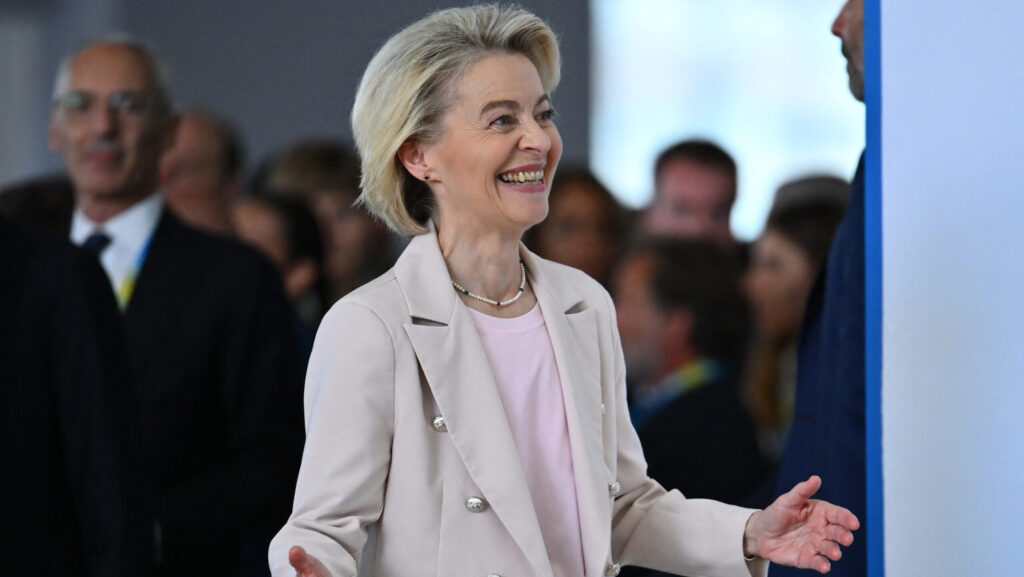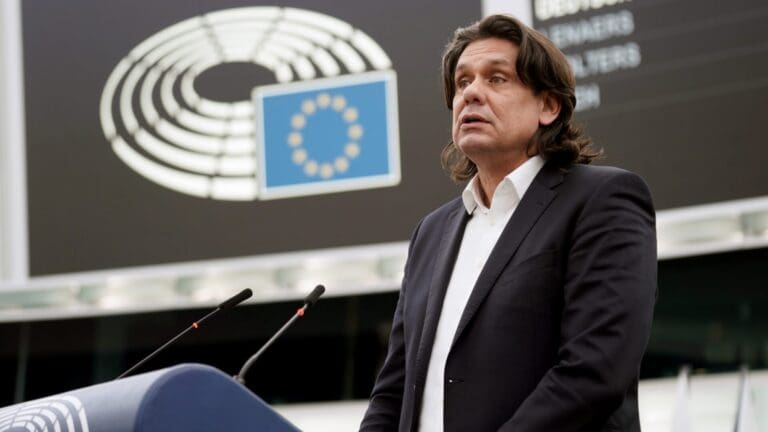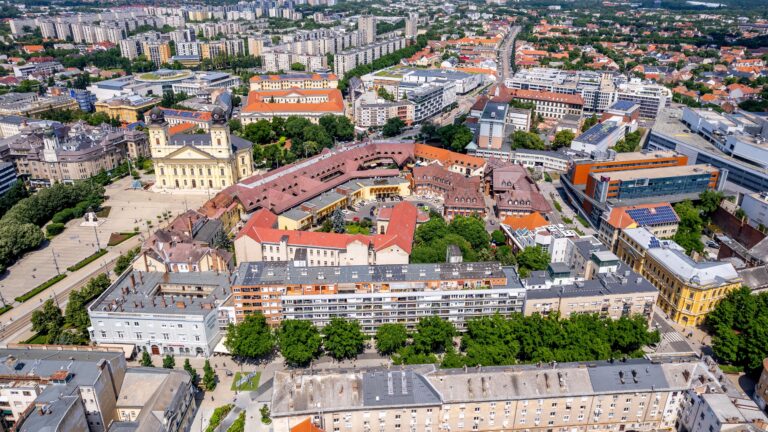A Hungarian Opinion
In a recent social media post, Századvég Institute analyst Olivér Hortay looked at the new European Commission (EC) proposal to curb energy prices. Mr Hortay suggested that the fact that the newly released document does not include the price cap on Russian gas is good news for Hungary and for Europe as a whole.
He added, however, that his optimism may be short-lived, since Ursula von der Leyen has said that the proposal is still on the table, meaning that the Commission might decide that the price cap is a good idea after all. Mr Hortay remarked that the four new measures included in the plans for the package raise more questions than the solutions they provide.
The Details of the Package
The first objective of the package is to reduce energy use by 10 per cent until 31 March. According to Mr Hortay, the problem with reducing the daily amount of power used is that it would primarily affect households, especially in the late afternoons or early nights, when most arrive home from work. ‘It’s an absurd idea to expect people who get home from work not to use their appliances,’ he added, opining that the proposal is fundamentally flawed, since limiting the use of power cannot be ordered across the board in Europe, as it is up to the member states to decide whether they implement the reduction scheme or not.
Another issue with the proposed measure is the question of executing and monitoring it from a technical standpoint. Most of the consumers do not know how much electricity they use on a daily basis, so even if they wanted to, they could not know whether they have reduced it by 5 per cent. Another question is what entity would be able to monitor and keep the reduction in check? Even if such an entity could be created, what repercussions would there be for those who do not reduce their consumption?
In addition, Brussels would also redistribute the profits from the energy sector and introduce a windfall tax. This once again falls under the same category as the Europe-wide reduction plans: taxation rules are also decided by the member states, not by the European Commission. Another factor to consider is that some members have already implemented such or similar measures—how would a Europe wide taxation law affect the already existing ones?
Mr Hortay added that the technical parameters cause another problem. Different energy companies use various technologies to differing extents to produce power, some of which they often use to supply their own consumers, he remarked. It is also unclear, he said, how a unified system could be created in a situation where some companies only operate a few renewable power plants, while others have a complex portfolio of such plants, also supplying some protected consumers with the energy produced.
Smoke and Mirrors
Brussels would also allow member states to implement capped prices—similarly to the utility cost reduction in Hungary. In Mr Hortay’s opinion, that is a good idea in theory, but it is disingenuous. He recalled that a few years ago the European Commission started legal proceedings against Hungary after the Orbán government implemented the utility cost reduction programme. Other states have been asking for over a year for similar measures to be approved by the Commission, however, the EC insisted that for fair market practices to be maintained, capped prices are not acceptable. According to Mr Hortay, the Commission may have decided to include the price caps in the current proposal because some member states have had them in place for years, risking further legal proceedings.
Summing up his observation, Mr. Hortay said that the main issue with the proposed package is that the measures included would not allow more gas to be delivered to the continent. As a result, it would alleviate the effects of the energy-crisis to a very limited extent, and would not solve the main problems facing Europe.








